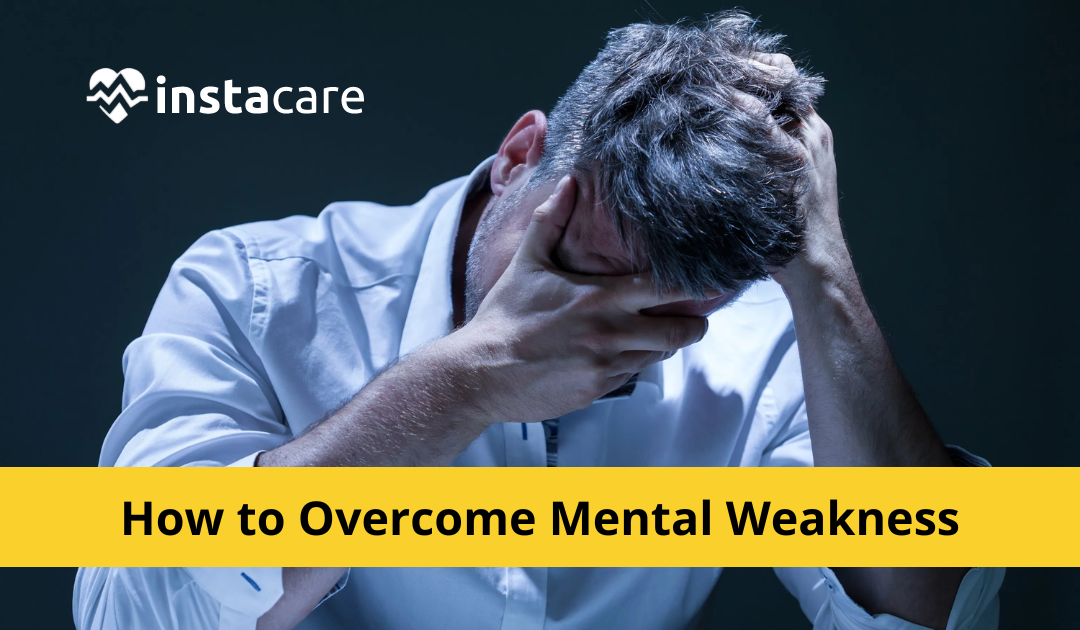After engaging in vigorous physical activity, you undoubtedly experience fatigue and exhaustion. You can become exhausted after prolonged periods of intense mental exertion.
Simply put, mental tiredness can occur when your brain experiences excessive stimulation or is required to sustain a high activity level without rest.
You may become aware of mental tiredness, also known as mental exhaustion if you:
- Frequently put in extended work or study hours with little or no breaks
- Spend a lot of time each day managing burdensome obligations
- Afflicted with mental illness
- Spend a lot of time each day thinking about issues, concerns, or other sources of stress.
Physical and mental exhaustion are normal side effects that can occur from time to time. Even mental weakness may eventually result in difficulties in your personal and professional relationships. In-depth information about mental weariness is provided below, along with suggestions for managing and avoiding it. You can also take mental fatigue test to learn more about your mental health.
Various Signs Of Mental Weakness To Know Of
When under intense stress, when your brain is essentially working harder than usual, you may realize that the symptoms of mental tiredness seem to creep up on you more quickly.
Emotional And Mental Signs
What is a crucial indicator of mental fatigue? Even when it comes to daily or routine duties, you find it difficult to focus and feel much less attentive than usual.
View More: Activities That Help You to Get Rid of Mental Stress
Physical Symptoms
Your physical health is a mental weakness example which may be affected by mental tiredness, which can exacerbate symptoms for which there is no known reason. You may observe the following:
- Stomach upset, headaches, and sleep disorders, including insomnia, sleepiness, and chronic fatigue
- Changes in appetite and recurring weight illnesses like the flu and the common cold
- A general feeling of being sick
Behavior Indicators
Your daily activities and behavior may change due to persistent mental fatigue. You could:
- Find that you frequently put off duties at work, school, or around the house
- You observe a drop in performance at work or school
- Ingest alcohol or other drugs to alleviate symptoms
- Begin to shun those you'd normally love being around
What Causes Mental Weakness?
The majority of mental diseases have several causes. Instead, they have several risk variables as causes.
Here are a few instances among many risk factors and triggers:
- Genetics
- Environment
- Traumatized childhood
- Tense situations
- Negative ideas
- Unwholesome habits
- Alcohol and drugs
- Cognitive chemistry
How Can Mental Fatigue Be Overcome?
When you spot the symptoms of mental tiredness, you can be left wondering what to do next. You can take a variety of actions to lessen mental fatigue.
While coping mechanisms can help you take action to feel more rested and recharge when encountering issues that significantly increase life stress, making some lifestyle adjustments can help you address it at the root.
View More: Various Signs Of Mental Breakdown You Must Know
Take The Stressor Away
Even though eliminating the causes of stress and exhaustion may not always be achievable, doing so is usually one of the most effective strategies to reduce stress in your life.
Are you feeling overburdened by your work obligations? Consider asking your boss or coworkers for assistance with tasks or assigning some of your duties to others.
Go On A Break
Mental fatigue can be significantly reduced by taking some time to relax and rejuvenate. One might define a break as any of the following:
- Removing non-essential things from your schedule for a few days
- Going on an extended vacation
- Reserving an hour every day for yourself
- Taking an hour to relax after leaving your office for lunch
- A lunch, a stroll, or another leisure activity
- Reserving one or two evenings a week to see a movie or have dinner with friends
Calming Strategies
Self-hypnosis, guided imagery, and breathing exercises are a few relaxation methods that can create calm and reduce stress and tension.
Consistently, research shows that practicing mindfulness, in particular, can significantly reduce chronic stress.
Attempt To Sleep More
Sleeping well doesn't just support physical well-being. Your mental and emotional wellness, as well as your general health, depend on it.
The optimum amount of sleep each night, between 7 and 8 hours, can help alleviate physical and mental fatigue.
Keep A Gratitude Notebook
Negative or unpleasant thoughts can appear much more overwhelming when you feel worn out and down.
Try keeping a notebook in which you list a few things each day for which you are grateful to combat negative feelings and thoughts and reflect on the things you find enjoyable. Alternately, consider or express one thing each day for which you are thankful.
Conclusion
If untreated, mental tiredness can negatively affect the mind and the body. Making sleep a priority, exercising regularly, and using relaxation techniques can help. Additionally, receiving professional support can significantly improve your problems.
Please book an appointment with the Best General Physician in Lahore, Karachi, Islamabad, and all major cities of Pakistan through InstaCare, or call our helpline at 03100002273 to find a verified doctor for your disease.












